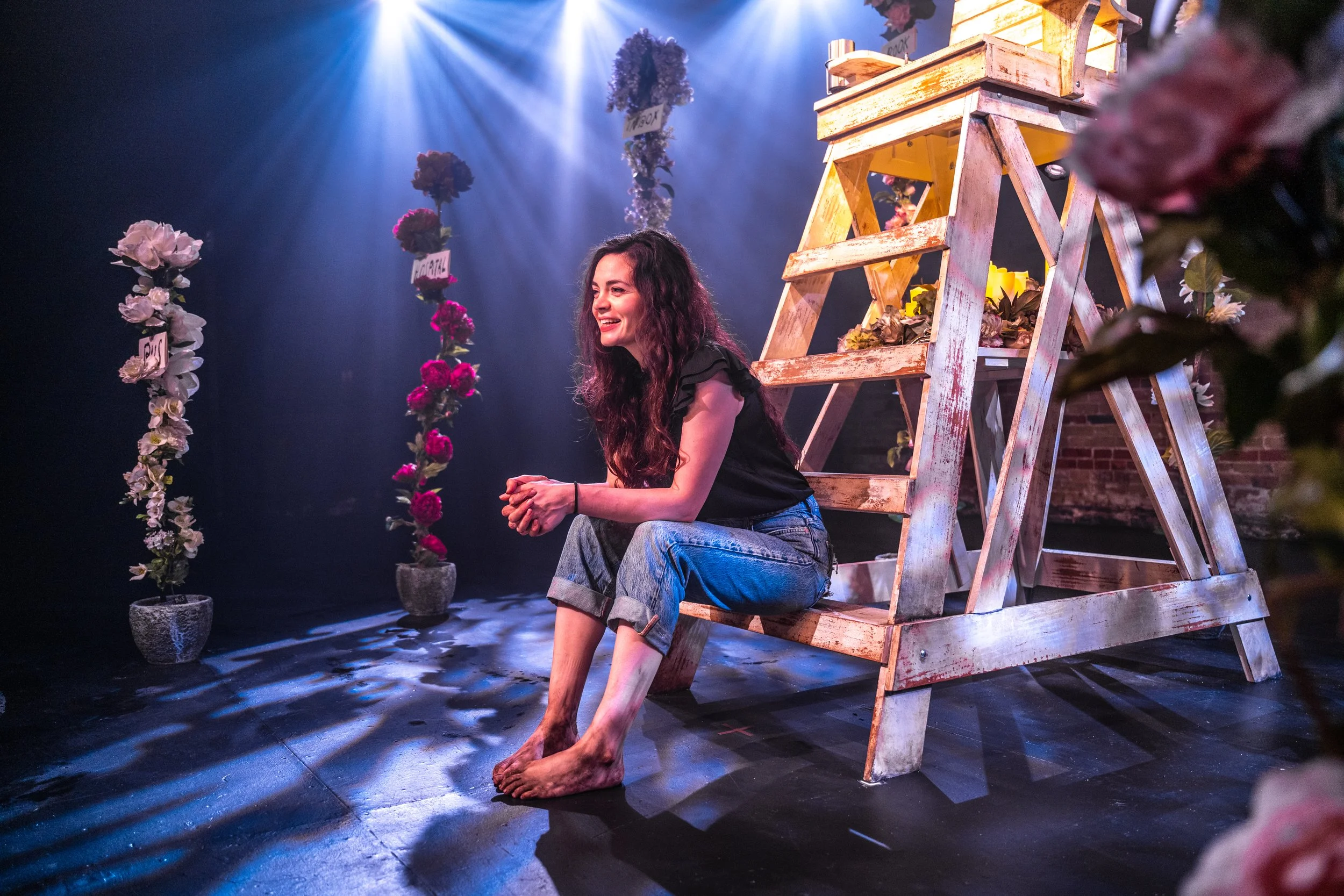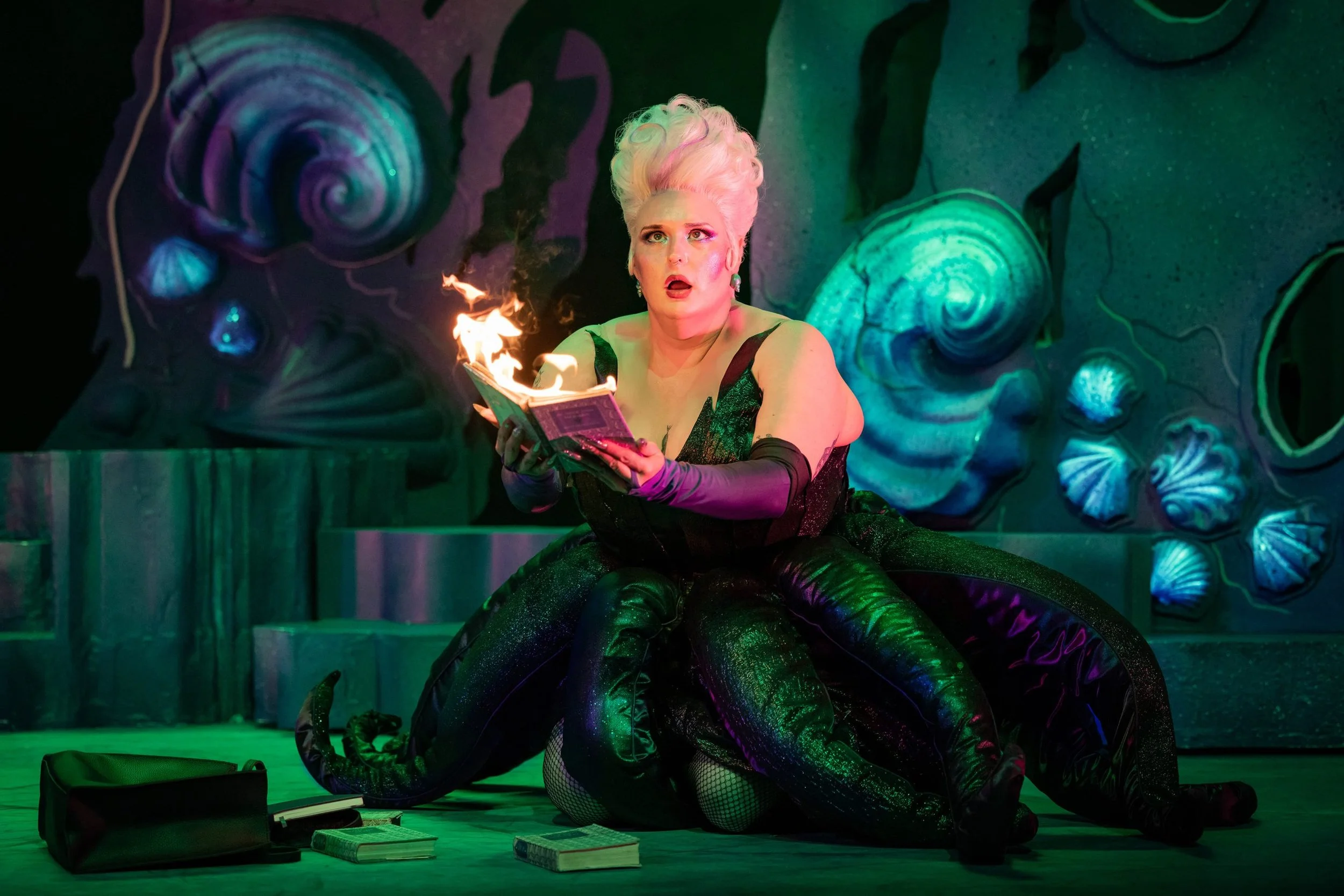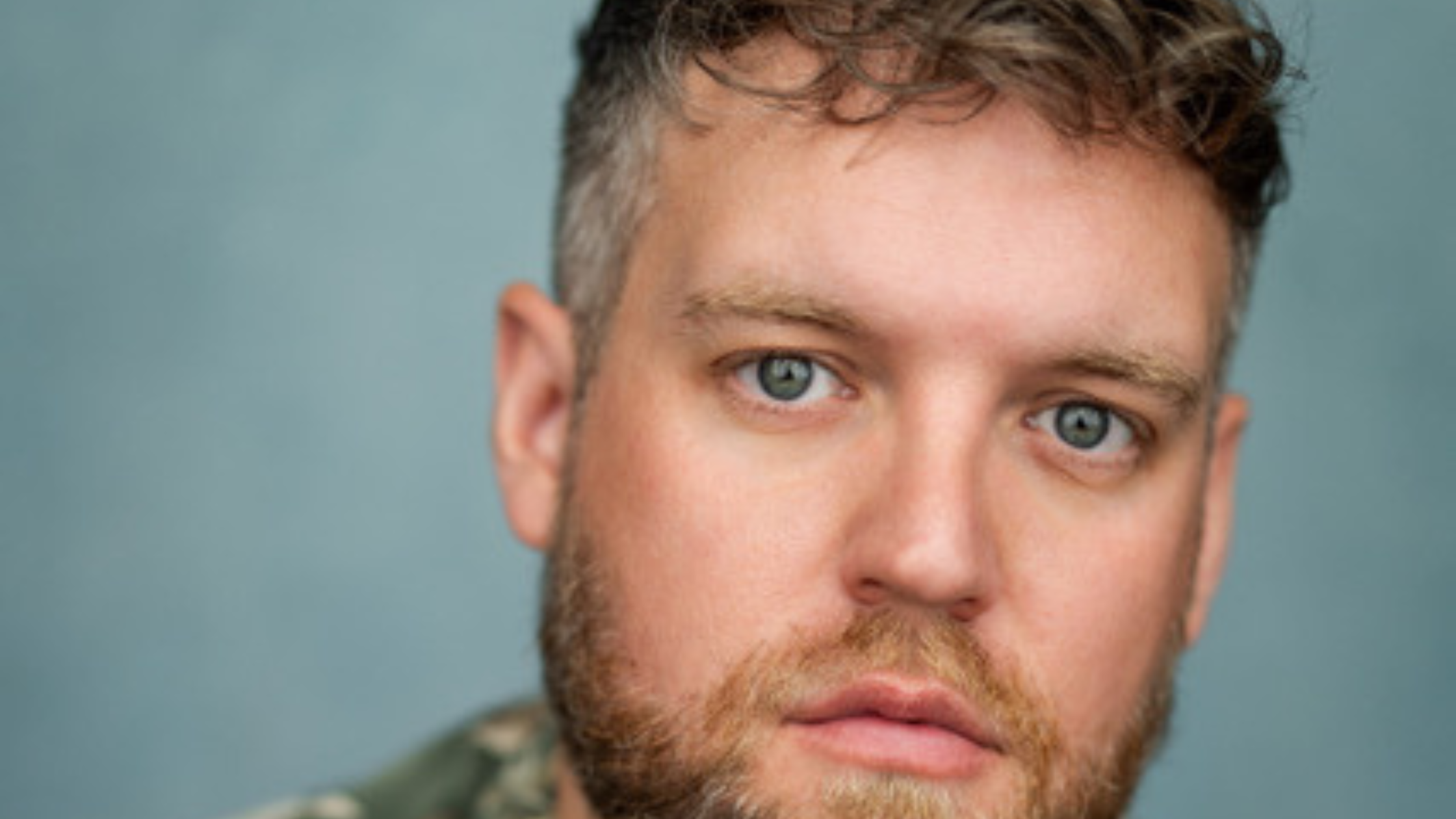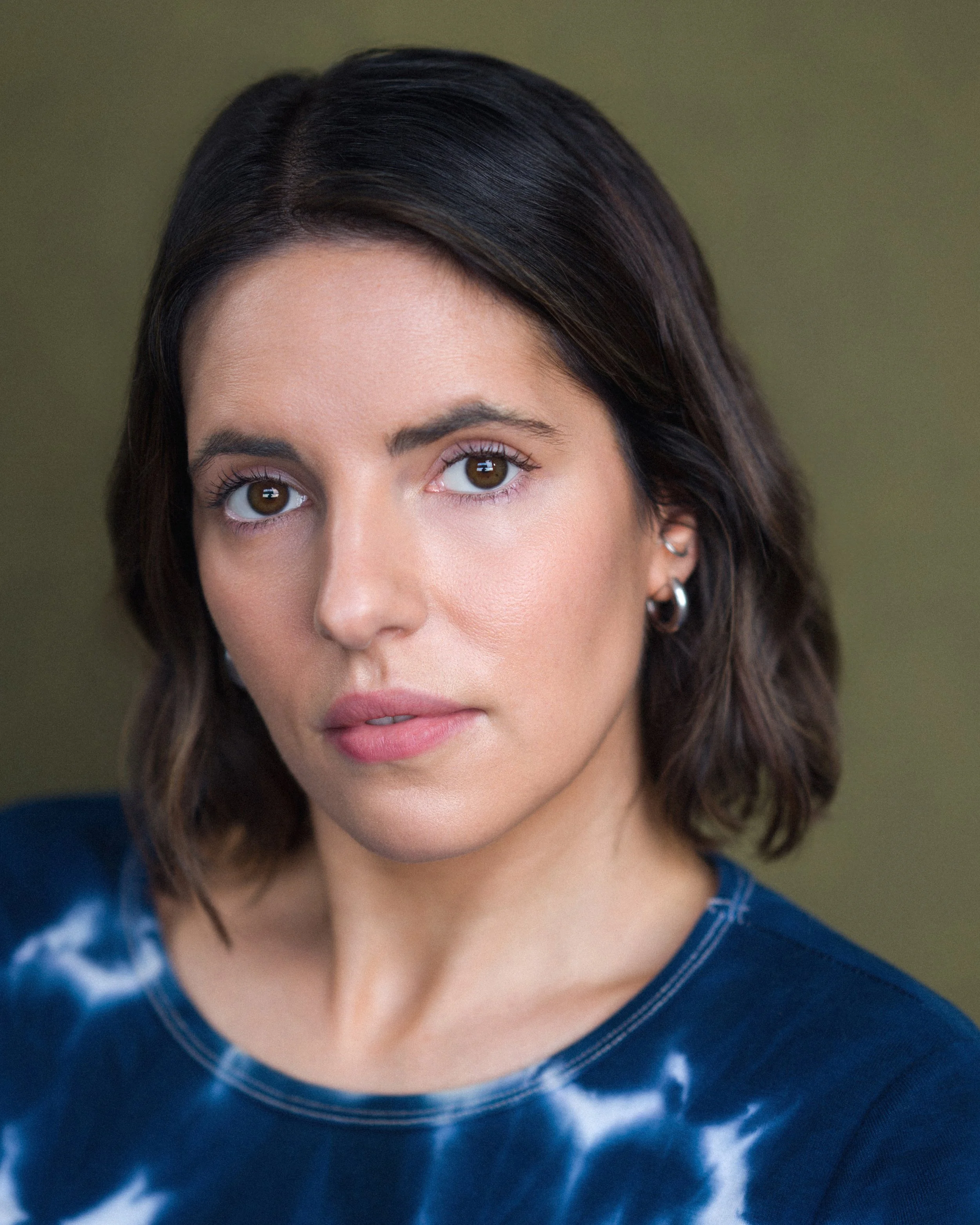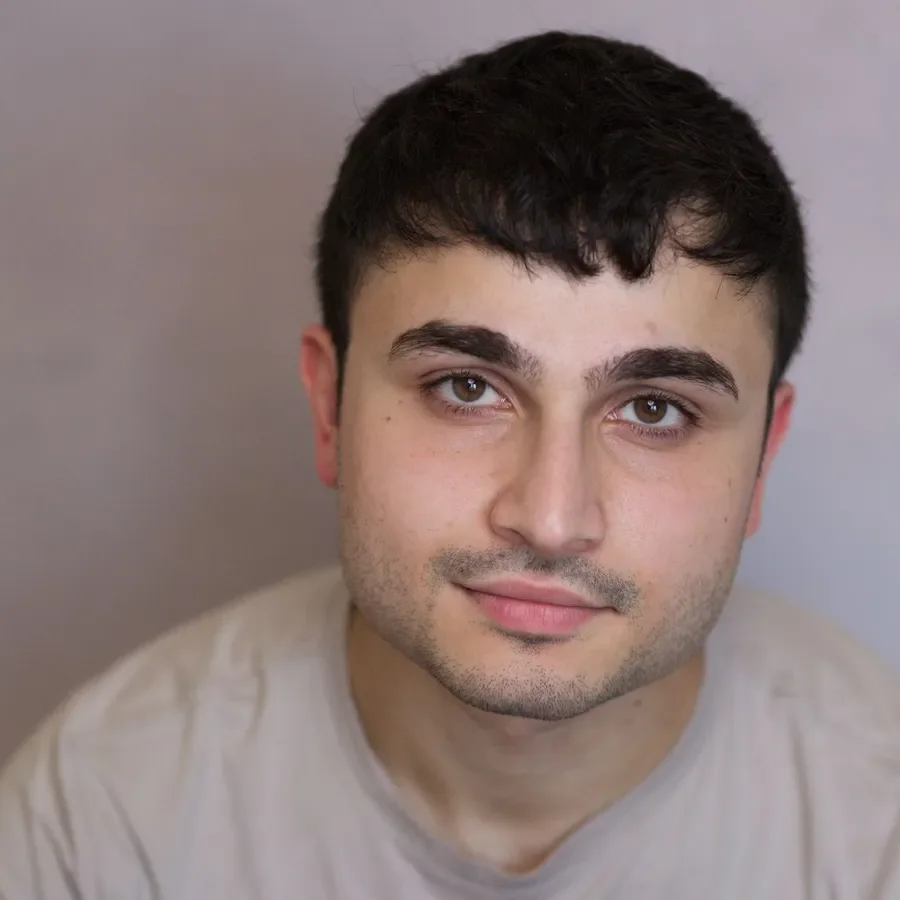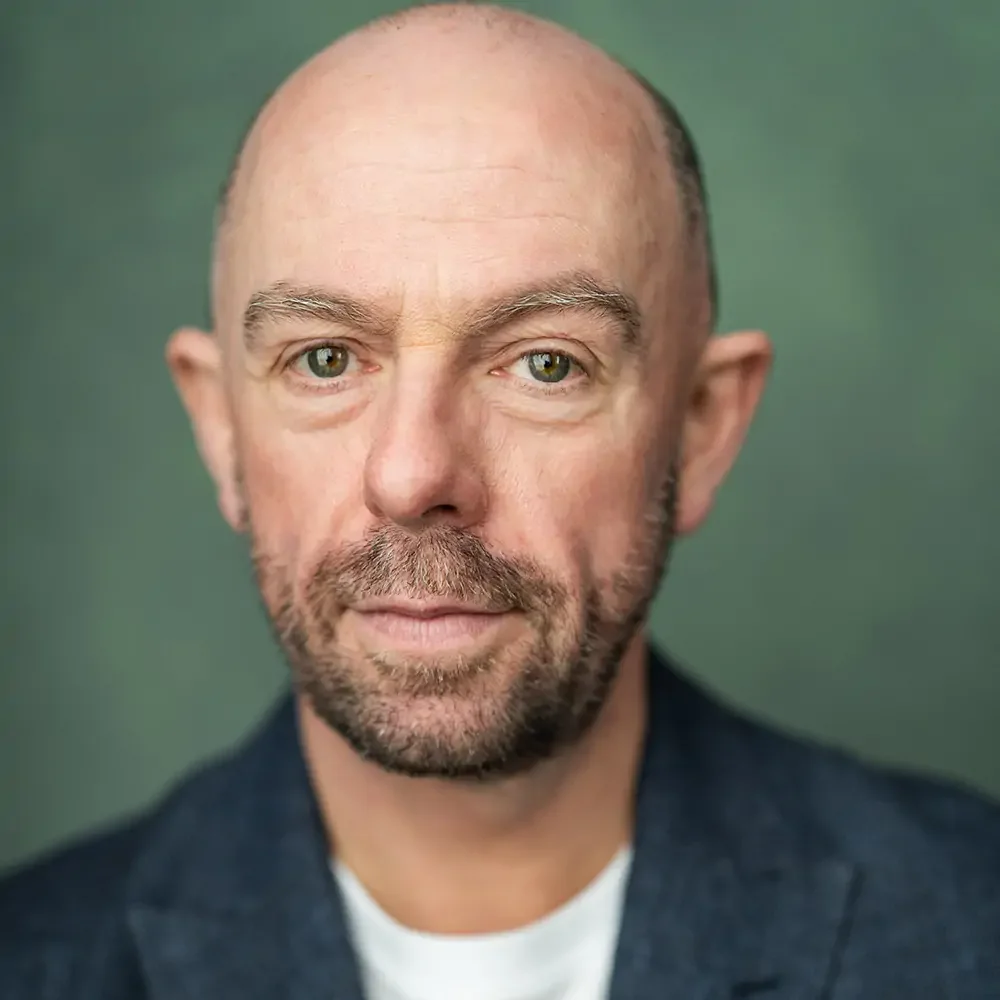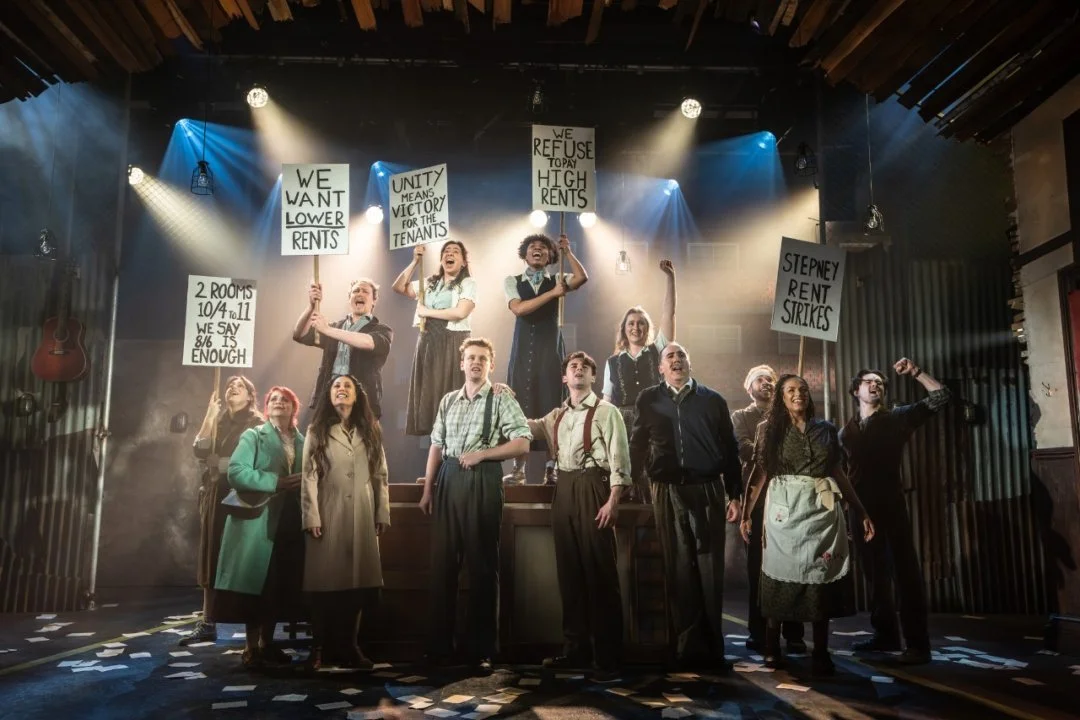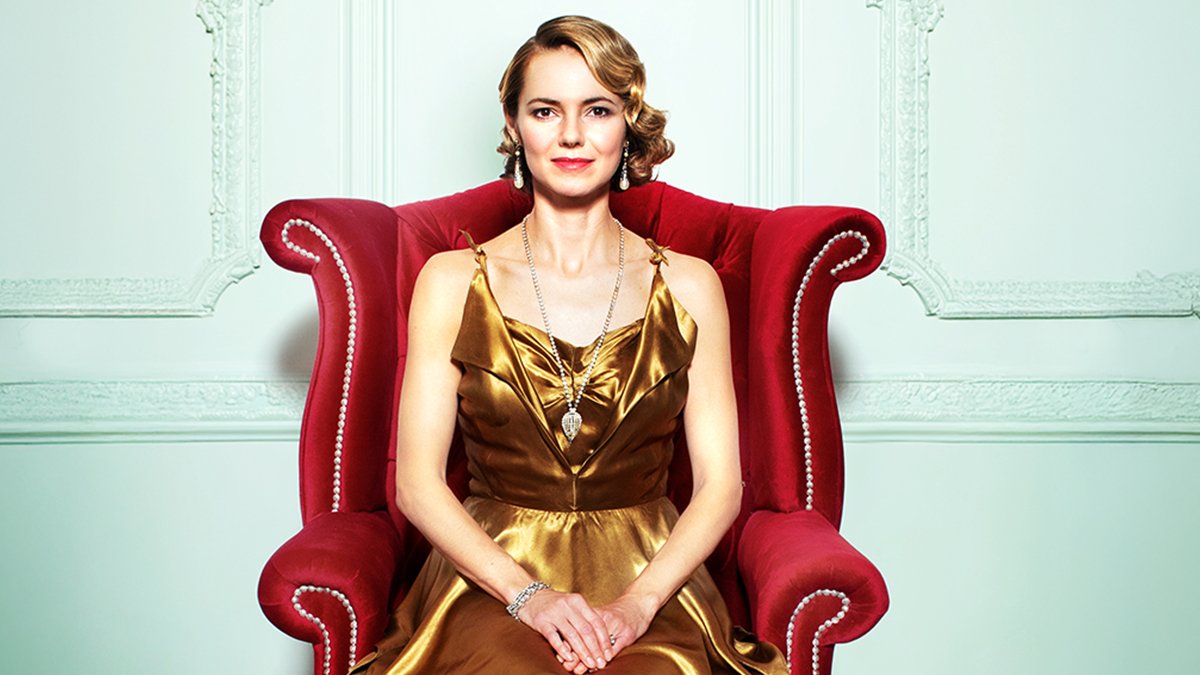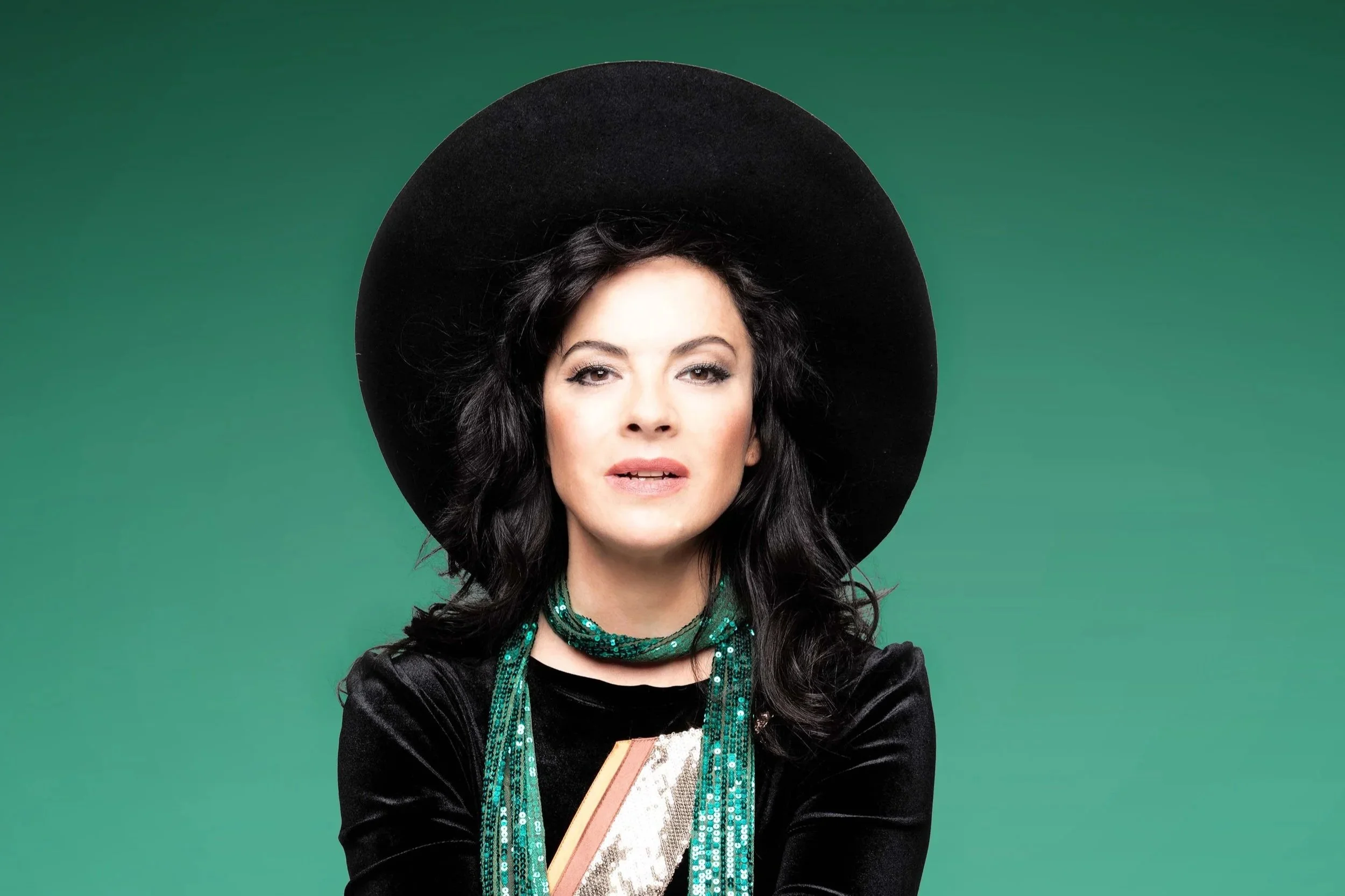Interview: Leo Hanna, Juno and the Paycock
Currently performing Gielgud Theatre for a limited run until 23rd November is the highly anticipated new production of Juno and the Paycock. Seán O’Casey's timeless masterpiece takes a look at the socioeconomic climate of Ireland and Dublin at the beginning of the Irish Civil War. Making their West End debut in the production is Leo Hanna and we caught up with him to find out more!
Hey Leo! Congratulations on your West End debut in Juno and the Paycock, how does it feel to be part of the new production?
It’s quite surreal. To be in this play, with this cast, with this director on its centenary is a real honour! ‘Juno and the Paycock’ is an important play in the Irish Cannon and getting to introduce it to audiences that have never seen or even heard of it is truly magical.
For those who don’t know a lot about it, what is Juno and the Paycock about?
Set in 1922 amidst the Irish Civil war, it tells the story of the Boyle family in a Dublin tenement. The mother, Juno, works to keep the family afloat while the father, Captain Jack, drinks all day and avoids work whenever the opportunity arises. Their son Johnny has lost his arm and injured his hip fighting for the IRA. Their daughter rebuffs the romantic pleas of trade unionist Jerry Devine for that of a ‘Mickey dazzler’ named Charles Bentham. The arrival of their daughter's new suitor brings a financial boon which changes the families fortunes for the better and we follow the tumultuous events of the next few months!
You are play the character of Jerry Devine, what drew you to the character and how have you personally connected with them whilst in development?
Jerry is an inherently good man. He has strong beliefs and is exceedingly passionate. When I was pitched Matthew’s ideas for the character I immediately knew that it was something I’d love to explore. We all suffer heartbreak in our lives and Jerry has his heart ripped out of his chest more than once in the show. Portraying a man at two pivotally crushing moments in his life is a thrilling experience. Also, rather selfishly, I do have a strong history of trade unionism in my family so it’s an honour to play a man who’s main passionate on the subject!
As an Irish person, has working on Juno and the Paycock changed your perspective on the Irish Civil War or Irish history?
Researching the Irish Civil War now as a man in my late 20s I was taken aback by just how young some of the people were that lost their lives fighting. Seeing Eimhin portray Johnny (Excellently by the way) really hits home the youth of some of the men who gave their life for their cause. As a moody 14 year old learning about it in a dog eared history book I never got to fully realise the horrific events that took place in that war. But seeing it be portrayed on stage night after night my eyes were opened to it in a whole new way!
There are themes of poverty, war and family dynamics in this play - in what ways do you think these themes are still relevant today and will make this show particularly poignant for audiences?
In the social media age, it’s hard not to be reminded of the daily atrocities committed around the world. The term civil war often gets bandied about in a very flippant manner. Works of genius like ‘Juno and the Paycock’ throw you into the grim realities of a bloody conflict and allow you to see how it affects people on the ground level. We are also in a time of mass homelessness and a cost of living crisis. The story of the Boyles reflects a time of particular poverty for the Irish people and their resilience through adversity may ring true for audiences or shed a light on tenement life for those unfamiliar with it!
The production is directed by Matthew Warchus, what has it been like working alongside him?
It’s been a dream. Matthew has directed a long list of shows I wish I'd seen. His production of True West lives on in legend amongst young actors! Getting to work with him is a creatively fulfilling experience. Matthew cherishes play and allows you to go on to the floor and make bold choices. The sense of play in the cast is second to none and Matthew is an expert at spotting what works in the grand scheme of the play and sculpts scene’s effortlessly from the clay we present!
What has been the most challenging part of developing this show so far?
Learning how to manage my downtime. Whilst Jerry is referenced throughout the play, all of my work happens in the first and third acts. I have about an hour and 10 minutes off stage in between and I've had to learn during the run how to keep myself engaged. Different days call for different things and as we close out previews I think I’ve gotten a good routine.
Have there been any particular scenes or moments that have been especially difficult to work with?
Jerry’s first scene is a real exposition dump. A lot of information comes out of his mouth and it needs to be quite pacy as he’s in a hurry. Clarifying the thoughts and playing the reality took a good bit of working out. Jerry’s final scene is also a tricky one. There's a lot of complex emotions that get expressed in quite a quick amount of time. Luckily I have a wonderful scene partner in Aisling Kearns so that has made the process a lot easier.
Finally, why should people book their tickets to see Juno and the Paycock?
It is one of the greatest Irish plays ever written. One that a lot of our English audiences are not familiar with. It has everything you could want from a play. Tragedy, comedy, romance etc. You also get a chance to see some of the finest actors working today (and me) grapple with a true masterpiece!
Juno and the Paycock is running at the Gielgud Theatre until 23rd November 2024. Read our review of the production here.


